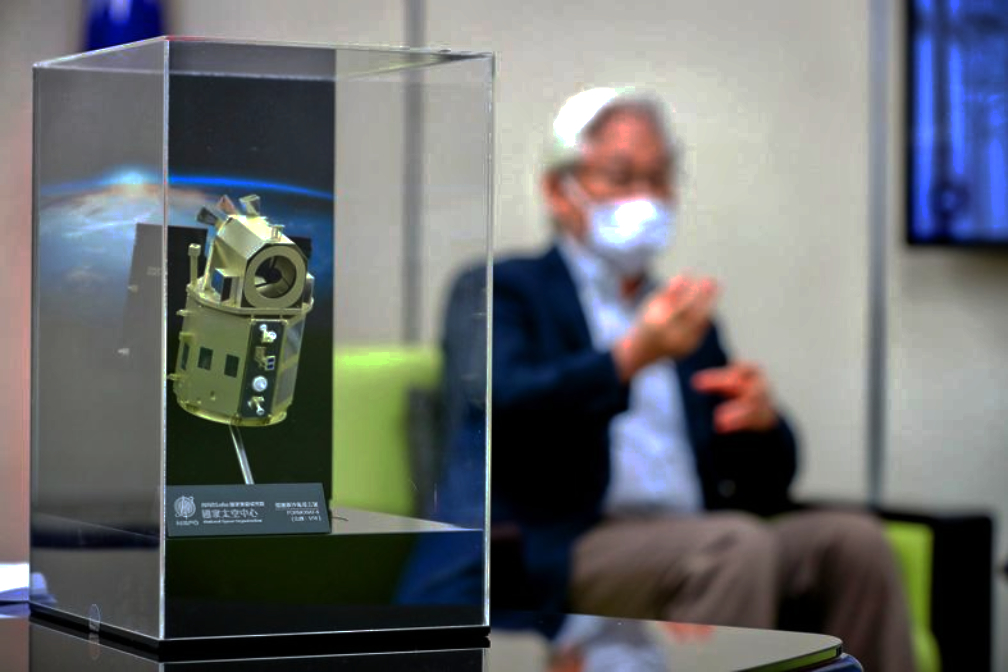
Taiwan is stepping up its efforts to tap into the global aerospace market, with a focus on developing a specific kind of satellite, Minister of Science and Technology, Wu Tsung-tsong, said on July 6.
The development of LEO satellites are particularly worth pursuing for Taiwan, Wu said in an interview with the Central News Agency, referring to orbits with a maximum altitude of 2,000 km. “It is an opportunity Taiwan definitely cannot afford to miss,” he said. Such satellites, which are often deployed in constellations, have a relatively short life cycle of two to four years compared with larger ones and, therefore, offer more of an opportunity for Taiwanese businesses, he said.
LEO satellites are crucial to the development of the Internet of Things (IoT), which has been pursued by global technology and communications heavyweights. LEO communications satellites, which are relatively inexpensive, can be launched in large enough numbers to economically provide sufficient bandwidth for data transmission rates that IoT applications require, he said. This means that there is a high-demand sector that no longer relies on highly advanced technology only affordable to superpowers, Wu said, adding that the sector has a relatively low market threshold that countries like Taiwan can explore. Taiwan hopes to one day manufacture its own LEO satellites, he said.
The government this year launched a four-year, NT$4 billion ($142.83 million) project with the aim of launching its first LEO communications satellite in 2025.
In the meantime, Taiwan can capitalize on its years of experience as an original equipment manufacturer to become part of the LEO satellite supply chain, National Space Organization Acting Director-General, Yu Shiann-jeng, said.
About a dozen Taiwanese companies — including Microelectronics Technology Inc., Win Semiconductors and Kinpo Electronics — are providing components and ground-based reception equipment for SpaceX, Yu said. With maturer technology and more experience, Taiwanese firms could extend their reach to provide more comprehensive modules with greater added value, he said.
Also expected to help is the Space Development Promotion Act, which was promulgated at the end of May. The act, which regulates the nation’s space-based activities, shows the world Taiwan’s ambition to carve out its own niche in the space economy, Wu said. The Act covers four areas — setting principles of development that are aligned with international space laws, regulating space-based activities to ensure safety, establishing rocket launch sites and promoting industrial development, Wu said. The ministry is designated as the regulator of the sector and will establish a dedicated agency to deal with related affairs, he said.
News article source: Taipei Times
